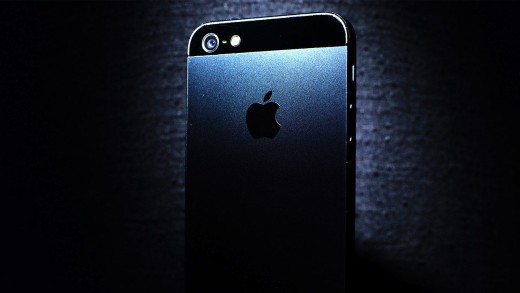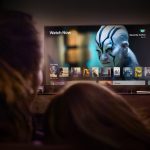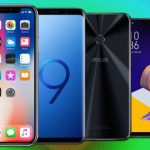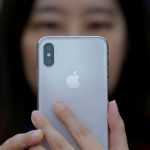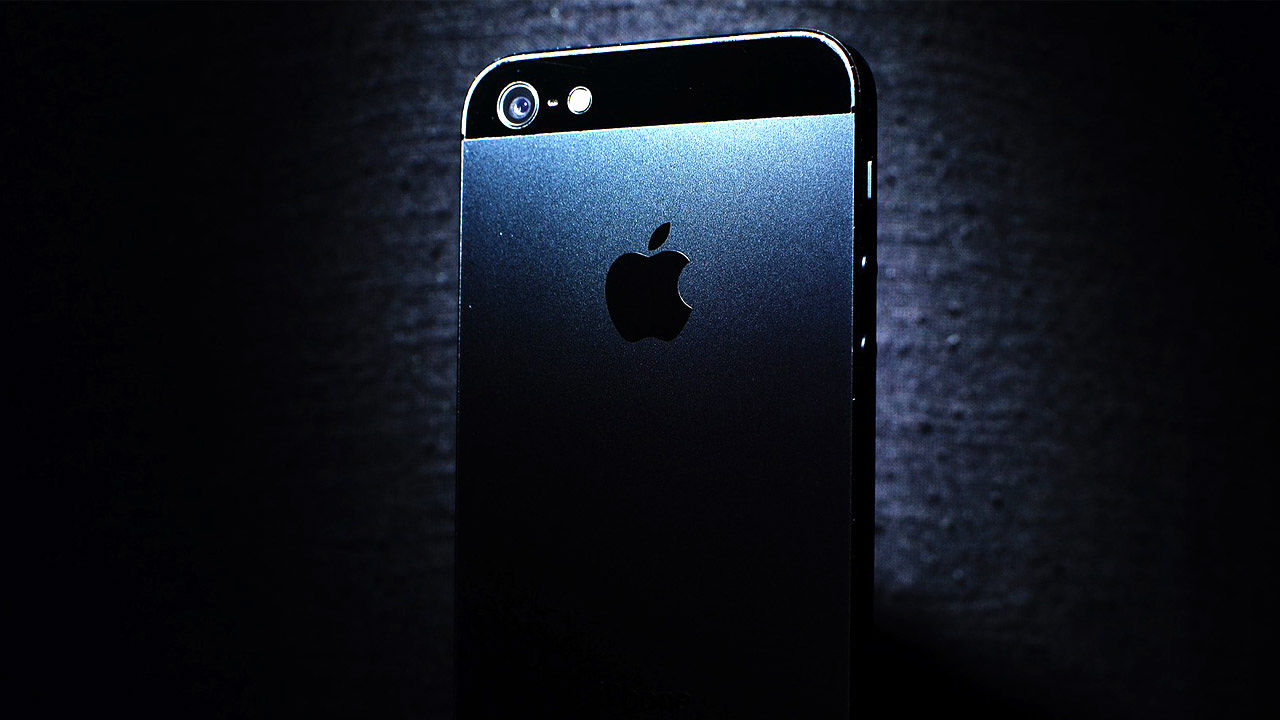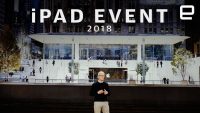Unpacking Apple’s Written Testimony For Tomorrow’s Hearing In Congress
This morning, Apple released its prepared testimony for tomorrow’s Congressional hearing on its current feud with law enforcement over San Bernardino shooter Syed Farook’s iPhone.
The FBI got a court order on February 16 demanding that Apple write new firmware code that would disable the security features of Farook’s iPhone 5c and enable the FBI to log in. Apple has refused.
Apple attorney Bruce Sewell will testify to the House Judiciary Committee tomorrow, along with FBI Director James Comey and New York County District Attorney Cyrus Vance Jr.
Sewell’s testimony includes many of the same talking points that appeared in Apple CEO Tim Cook’s open letter opposing the FBI’s court order, which was issued by the District Court of the Central District of California.
“Hundreds of millions of law-abiding people trust Apple’s products with the most intimate details of their daily lives—photos, private conversations, health data, financial accounts, and information about the user’s location as well as the location of their friends and families,” Sewell will tell lawmakers tomorrow.
“Some of you might have an iPhone in your pocket right now, and if you think about it, there’s probably more information stored on that iPhone than a thief could steal by breaking into your house,” Sewell says. “The only way we know to protect that data is through strong encryption.”
Sewell backs up Apple’s claim to the court that fulfilling the FBI’s request would be “unreasonably burdensome“:
“Should the FBI have the right to compel a company to produce a product it doesn’t already make, to the FBI’s exact specifications and for the FBI’s use?” he asks. “We believe that each of these questions deserves a healthy discussion, and any decision should be made after a thoughtful and honest consideration of the facts.”
Sewell calls on Congress to make law on the subject of backdoors, something law enforcement has been trying to push for many months and has not succeeded.
“Most importantly, the decisions should be made by you and your colleagues as representatives of the people, rather than through a warrant request based on a 220 year-old statute.”
The 220 year-old statute Sewell refers to here is the the All Writs Act, which the federal magistrate judge in the matter, Sheri Pym, relied on to compel Apple in the order. Apple has claimed using the Act in such a way abuses it original intent.
Sewell says “hackers and cyber criminals” could use a “master key” created by Apple to “wreak havoc on our privacy and personal safety.”
Apple is perhaps as afraid of more law enforcement requests as it is afraid of hackers.
“It would set a dangerous precedent for government intrusion on the privacy and safety of its citizens,” Sewell says.
” . . . building that software tool would not affect just one iPhone,” he says. “It would weaken the security for all of them. In fact, just last week Director Comey agreed that the FBI would likely use this precedent in other cases involving other phones.”
Sewell points to the statements of another panelist, New York County District Attorney Cyrus Vance, Jr., as more proof: “District Attorney Vance has also said he would absolutely plan to use this on over 175 phones.”
Vance also released his written testimony today. He will argue that Apple was wrong to make all iPhones running iOS 8 or after encrypted by default, so that the only party able to access the phone is the owner using a passcode.
Vance has complained that this has been a boon to criminals and a bane to law enforcement.
“In the absence of a uniform policy, our nation will effectively delegate the crafting of national security and law enforcement policy to boardrooms in Silicon Valley,” Vance writes. “That is, important responsibilities of our government will be carried out by Apple, Google, and other technology companies, who will advance the best interests of their shareholders, not necessarily the best interests of our nation.”
Sewell also points to actions that the government has already taken in the direction of strong encryption.
“The U.S. government has spent tens of millions of dollars through the Open Technology Fund and other U.S. government programs to fund strong encryption. The Review Group on Intelligence and Communications Technology, convened by President Obama, urged the U.S. government to fully support and not in any way subvert, undermine, weaken, or make vulnerable generally available commercial software.”
Sewell will have more to say at the hearing Tuesday, when members of Congress will have the opportunity to ask questions.
The History of Apple (In Under Three Minutes):
Fast Company , Read Full Story
(32)

